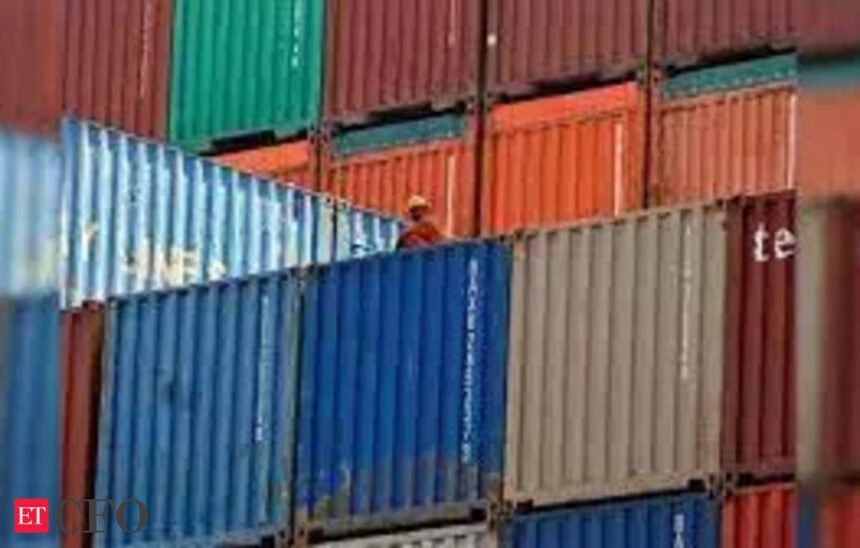Starting December 2024, the European Union Deforestation Regulation (EUDR) will take effect, aiming to ensure that products consumed by EU citizens do not contribute to global deforestation or forest degradation. This new regulation, akin to the General Data Protection Regulation (GDPR), is expected to have extensive implications.
The EUDR seeks to ban products such as palm oil, coffee, cattle, cocoa, rubber, soy, timber, printing paper, and derived products like leather, chocolate, tyres, and furniture that originate from land deforested after December 31, 2020. The rules apply to both imports and domestic production, with the EU adopting the regulation on June 29, 2023.
Countries exporting to the EU must certify that no primary jungles have been deforested to produce goods entering the EU market. Non-compliance carries significant penalties, including fines up to 4% of a firm’s annual EU turnover, confiscation of products, and revenues gained from transactions.
Impact on India
India’s exports to the EU in FY24 totalled $75.9 billion, with imports at USD 59.3 billion. Approximately USD 1.3 billion worth of Indian product exports to the EU could be affected by the new regulation. Experts warn that the complex compliance requirements might compel small and medium-sized exporters to withdraw from EU markets.
To comply, exporters must gather detailed information such as commodity details, quantities, farmer and supplier names, production countries, and land plot addresses. The due diligence process requires exporters to establish the integrity of their supply chains through a comprehensive trace and track system from Indian farms to EU markets, including sharing farm and farmer data with the EU. Even if products are not grown on deforested land, exporters must adhere to all compliance requirements, significantly increasing costs.
Trade officials and experts view the EUDR as a potential trade barrier, similar to the EU’s Carbon Border Adjustment Mechanism (CBAM). They argue that the regulation could be incompatible with World Trade Organization (WTO) norms, as it introduces non-trade issues into trade discussions and might be considered a non-tariff barrier.
India could collaborate with other affected countries to challenge the EUDR at the WTO. The regulation might violate the principles of most-favoured nation (MFN) and national treatment, which prevent countries from using domestic taxes and regulations to undermine tariff concessions.
The implementation of the EUDR represents a significant shift in global trade practices, demanding rigorous compliance from exporters and potentially reshaping trade dynamics. As the deadline approaches, countries and businesses are closely monitoring the developments and preparing for the new regulatory landscape.











